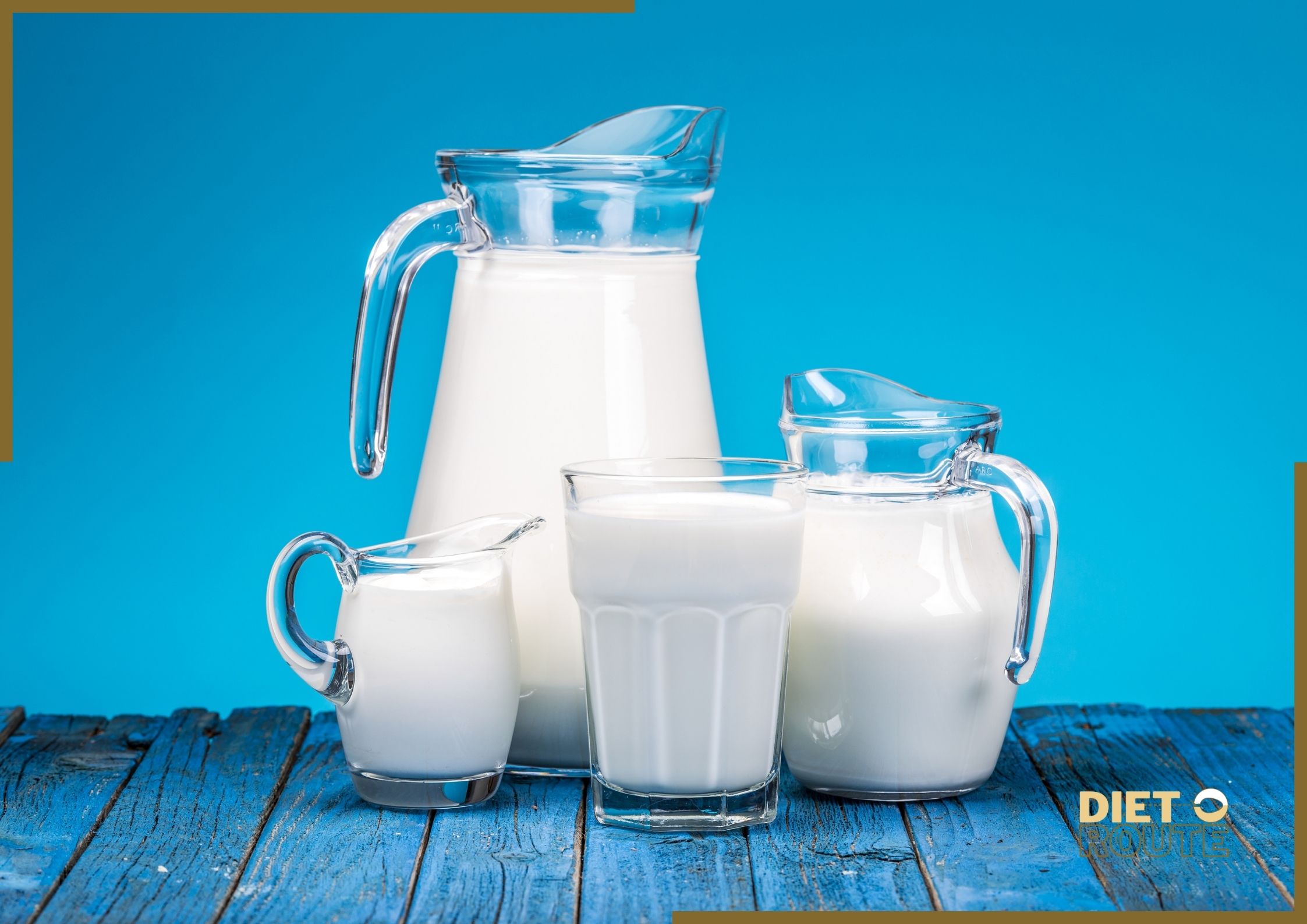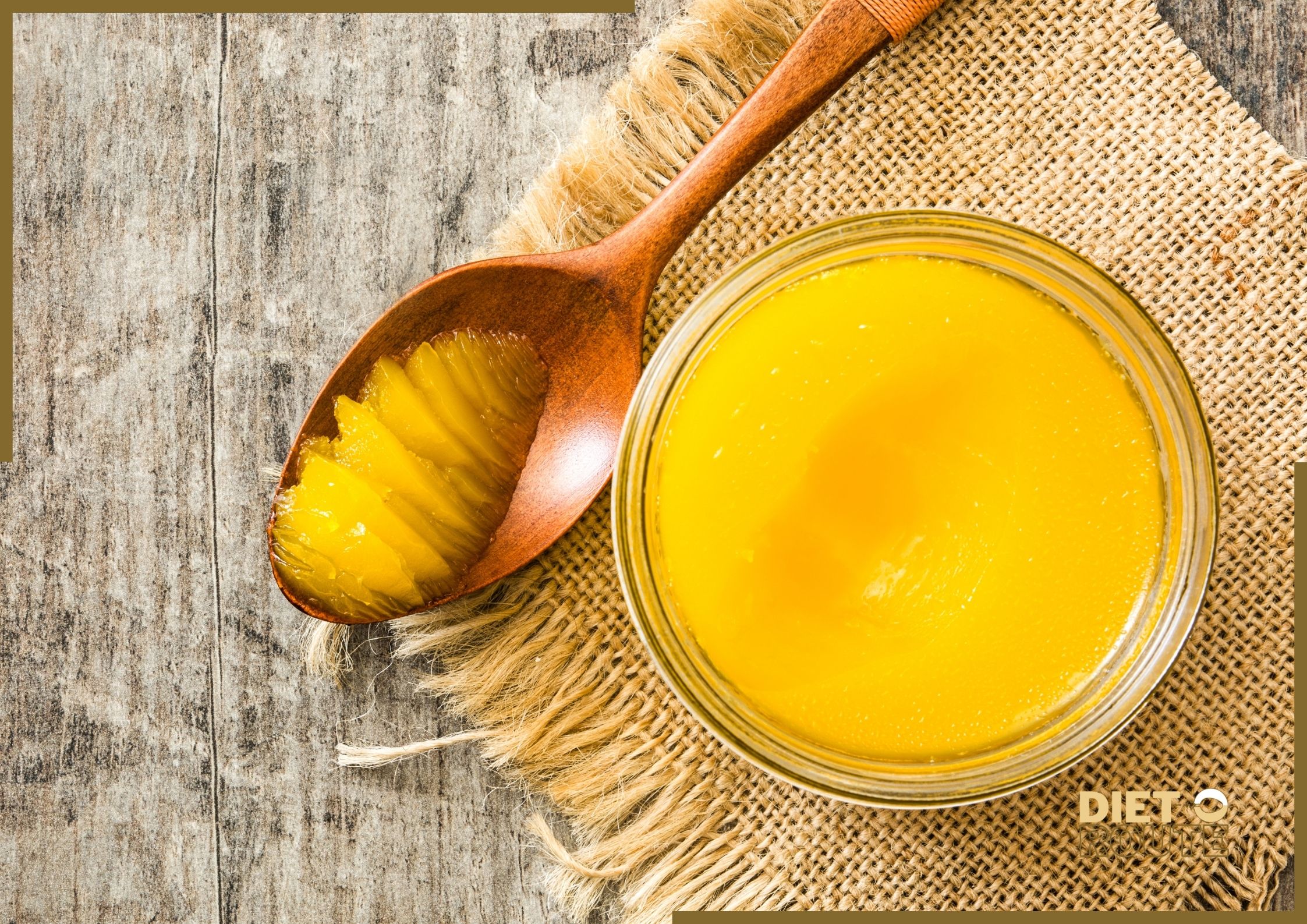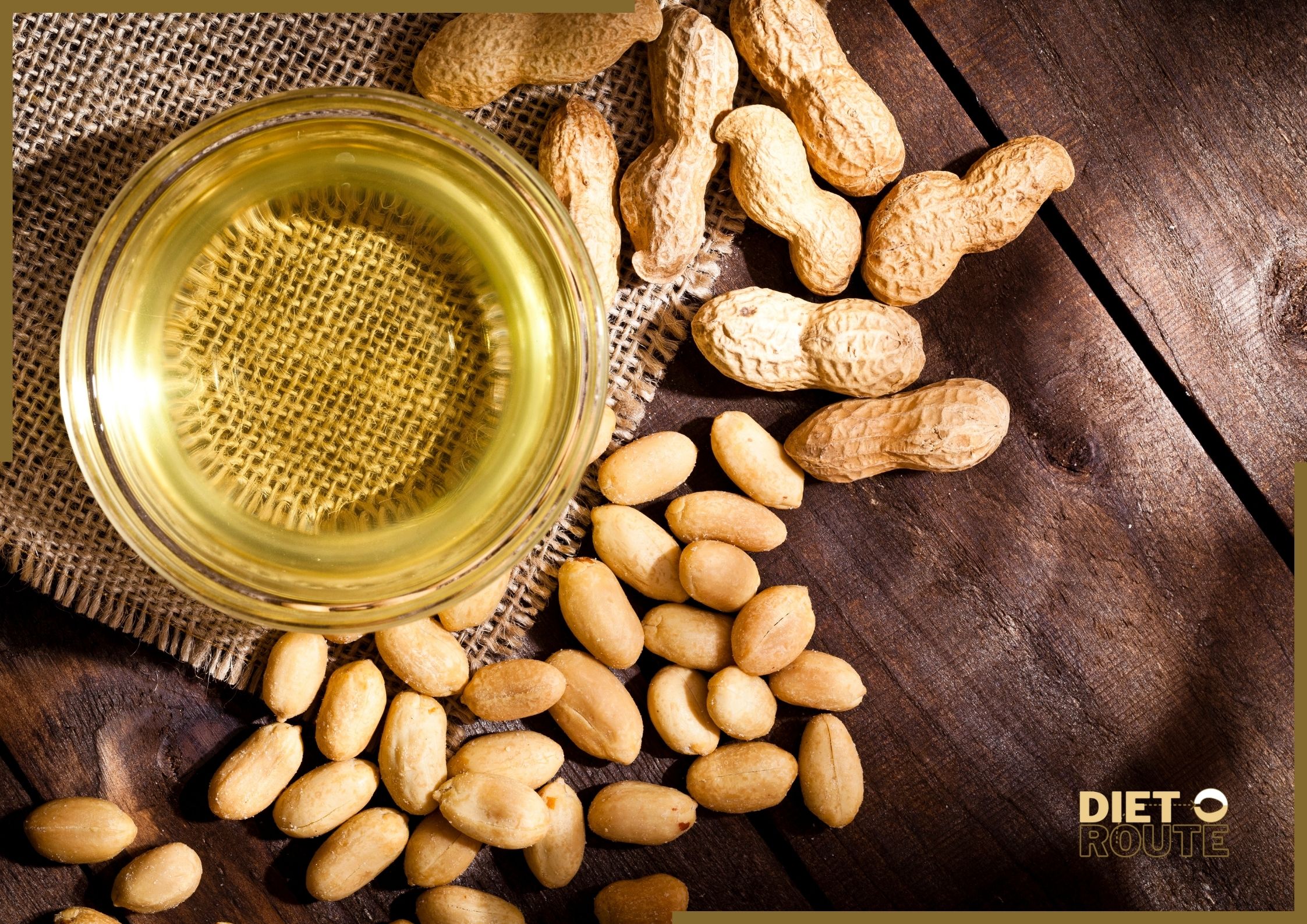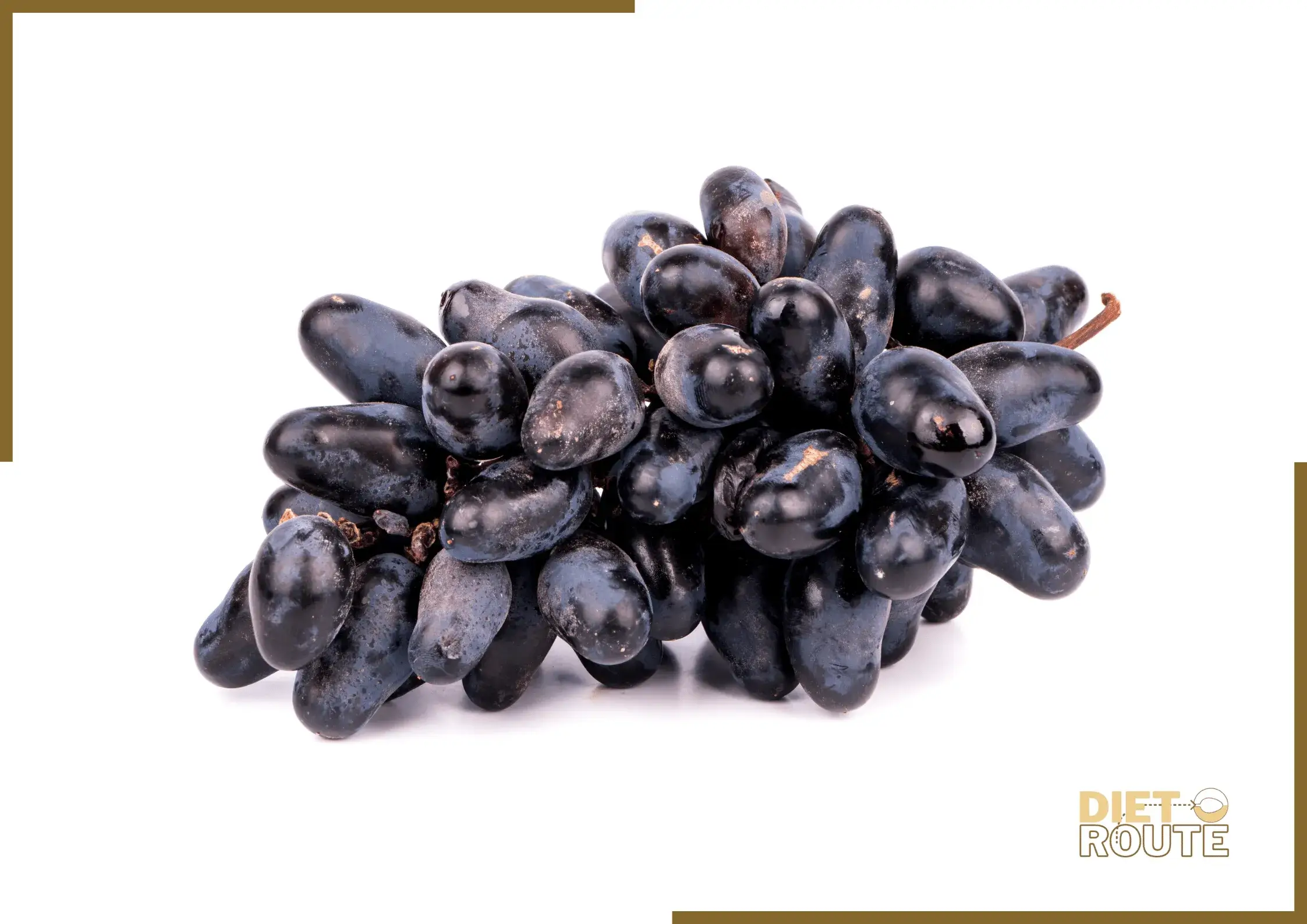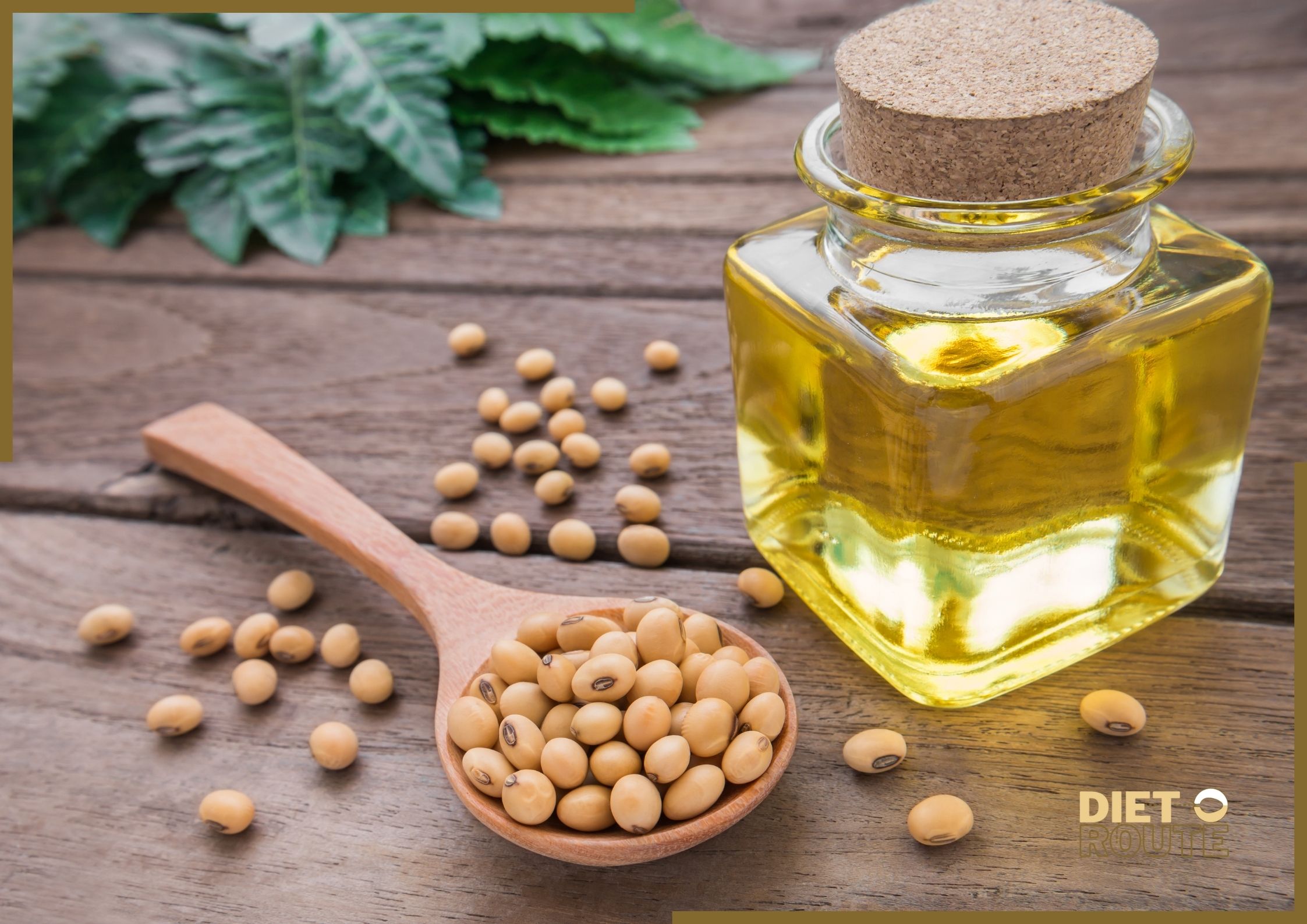Table of Contents
Introduction
Individuals looking for a nutritious and lighter option to whole milk frequently choose low-fat milk. Low-fat milk has fewer calories and fat than regular milk, but it still has many important nutrients. Individuals can make more educated choices about their diet and overall health by understanding the nutritional value of low-fat milk. In this piece, we’ll talk about the significance of low-fat milk’s nutritional makeup, its benefits and drawbacks, and how it fits into a healthy diet.
Nutritional Value Approximately 100g
The values provided are approximate can vary depending on the size and quality.
| Nutrient | Amount | Percentage Daily Value |
| Calories | 50 kcal | 2% |
| Total Fat | 1.5 g | 2% |
| Saturated Fat | 1 g | 5% |
| Cholesterol | 5 mg | 2% |
| Sodium | 45 mg | 2% |
| Carbohydrates | 5 g | 2% |
| Sugars | 5 g | – |
| Protein | 3.5 g | 7% |
| Calcium | 120 mg | 12% |
| Vitamin D | 100 IU | 25% |
| Vitamin B12 | 1 µg | 17% |
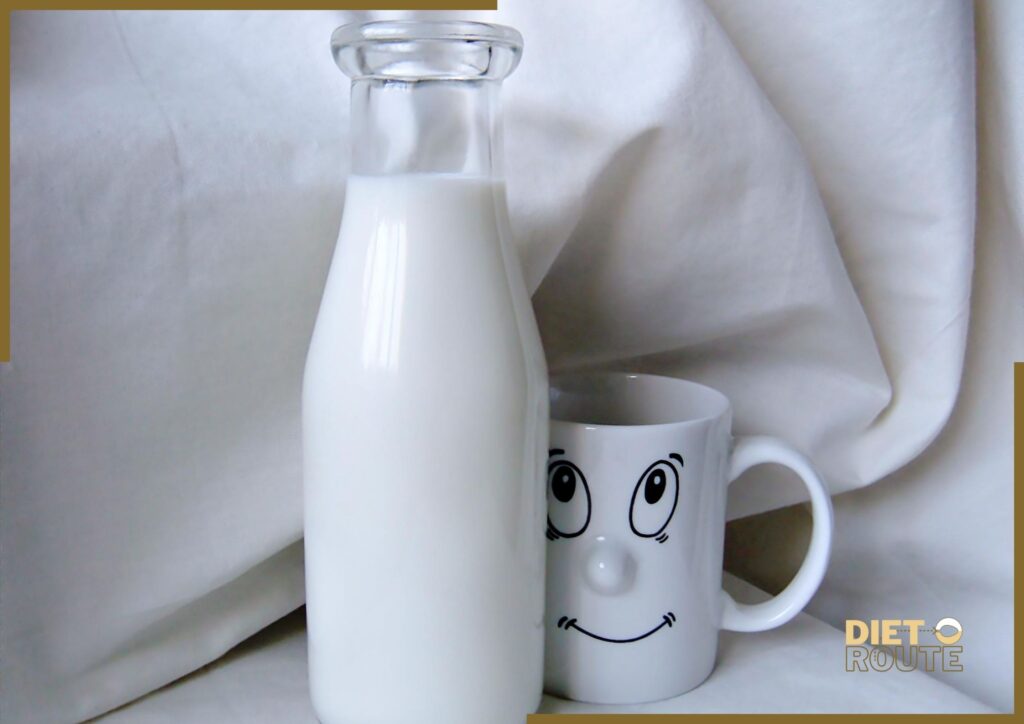
Low fat milk should be kept in the refrigerator at temperatures below 40°F (4°C) to keep it fresh and stop it from going bad. It’s important to check the expiration date and eat the food within the suggested time range.
Individuals who prefer or need non-dairy milk alternatives can choose from options like almond milk, soy milk, oat milk, and coconut milk. Each choice has its own nutritional profile, so it’s important to read labels and choose options that meet your own dietary needs.
When compared to skim milk, low fat milk has a slightly higher fat content, but it is still lower than whole milk. Most of the fat has been taken out of skim milk. The lowest-fat dairy product is skim milk, which is lower in calories and fat.
Pros
1.Nutrient-rich:
Low-fat milk has important nutrients like calcium, protein, vitamin D, and vitamin B12 that are good for your health and well-being as a whole.
2. Weight Management:
Low-fat milk can help individuals who are trying to control or cut back on their calorie intake because it has a lower calorie and fat content than whole milk.
3. Heart Health:
Low-fat milk is good for your heart because it has less saturated fat than whole milk, which may increase your risk of heart disease.
4. Calcium Source:
Low fat milk continues to be a good calcium source, promoting strong bones and teeth and reducing the risk of osteoporosis.
Cons:
1.Taste and Texture:
Because the reduced fat content affects the richness and creaminess, some individuals may find the taste and texture of low-fat milk slightly different from whole milk.
2. Vitamin D Absorption:
The lower fat content in low fat milk may have an impact on the absorption of vitamin D that is fat-soluble. However, low fat milk’s enhanced vitamin D content helps make up for this possible worry.
3. Lactose intolerance:
People who can’t digest lactose may still feel bad after drinking low fat milk because it still has lactose in it. In these situations, it may be better to use something other than milk.
In a NutShell
Low fat milk is a healthier and lighter alternative to whole milk. It provides important nutrients while being lower in calories and fat. Low fat milk is a good addition to a healthy diet because it can help you lose weight, keep your heart healthy, and get enough calcium. Individual dietary requirements and health conditions, however, should be considered.
Individuals can make well-informed decisions about including low fat milk in their diet while maintaining overall health and well-being by understanding the nutritional value, weighing the pros and cons, and addressing commonly asked questions.
For personalized advice on your unique dietary needs, make sure to consult a health care professional or a registered dietitian.
Frequently Asked Questions (FAQs)
1. Can everyone drink low-fat milk?
Low fat milk can be a part of a healthy diet and is typically suitable for individuals who are lactose intolerant. Individual dietary requirements and health conditions, however, should be considered.
2. Can low fat milk be consumed by individuals with high cholesterol levels?
It is best to consult a health care professional or registered dietitian for personalized advice. Individuals with high cholesterol levels should choose low-fat milk instead of whole milk because it has less saturated fat. But moderation is still important, and it’s best to consult a health professional about specific dietary suggestions.
3. Can low-fat milk be consumed by individuals with lactose intolerance?
People who can’t digest lactose may feel stomach pain when they drink low-fat milk because it includes lactose. Lactose-free milk and plant-based milk are two alternatives to milk that can be considered.
4. Can children drink low-fat milk?
Children over the age of two are frequently advised to drink low-fat milk because it gives them important nutrients without consuming too much fat. Regarding detailed dietary recommendations for children, it is important to consult a pediatrician.
5. Can low-fat milk be used when cooking or baking?
Yes, low-fat milk is a versatile ingredient that can be used in many cooking and baking recipes to add taste and texture while reducing the overall fat content.
6. Can everyone drink low-fat milk?
Low-fat milk can be a part of a healthy diet and is typically suitable for individuals who are lactose intolerant. Individual dietary requirements and health conditions, however, should be considered.
7. Can low-fat milk be consumed by individuals with lactose intolerance?
People who can’t digest lactose may feel stomach pain when they drink low-fat milk because it includes lactose. Lactose-free milk and plant-based milk are two alternatives to milk that can be considered.
8. Can children drink low-fat milk?
Children over the age of two are frequently advised to drink low-fat milk because it gives them important nutrients without consuming too much fat. Regarding detailed dietary recommendations for children, it is important to consult a pediatrician.
9. Does low-fat milk raise the risk of heart disease?
When compared to whole milk, low-fat milk is considered better for heart health due to its lower saturated fat content. But overall dietary habits and other lifestyle factors also play a big part in preventing heart disease.
10. Does low-fat milk help you lose weight?
Due to its lower calorie content, low-fat milk can be part of a calorie-controlled diet for weight loss or maintenance. But it’s important to think about how many calories you take in as a whole and eat a balanced diet.
